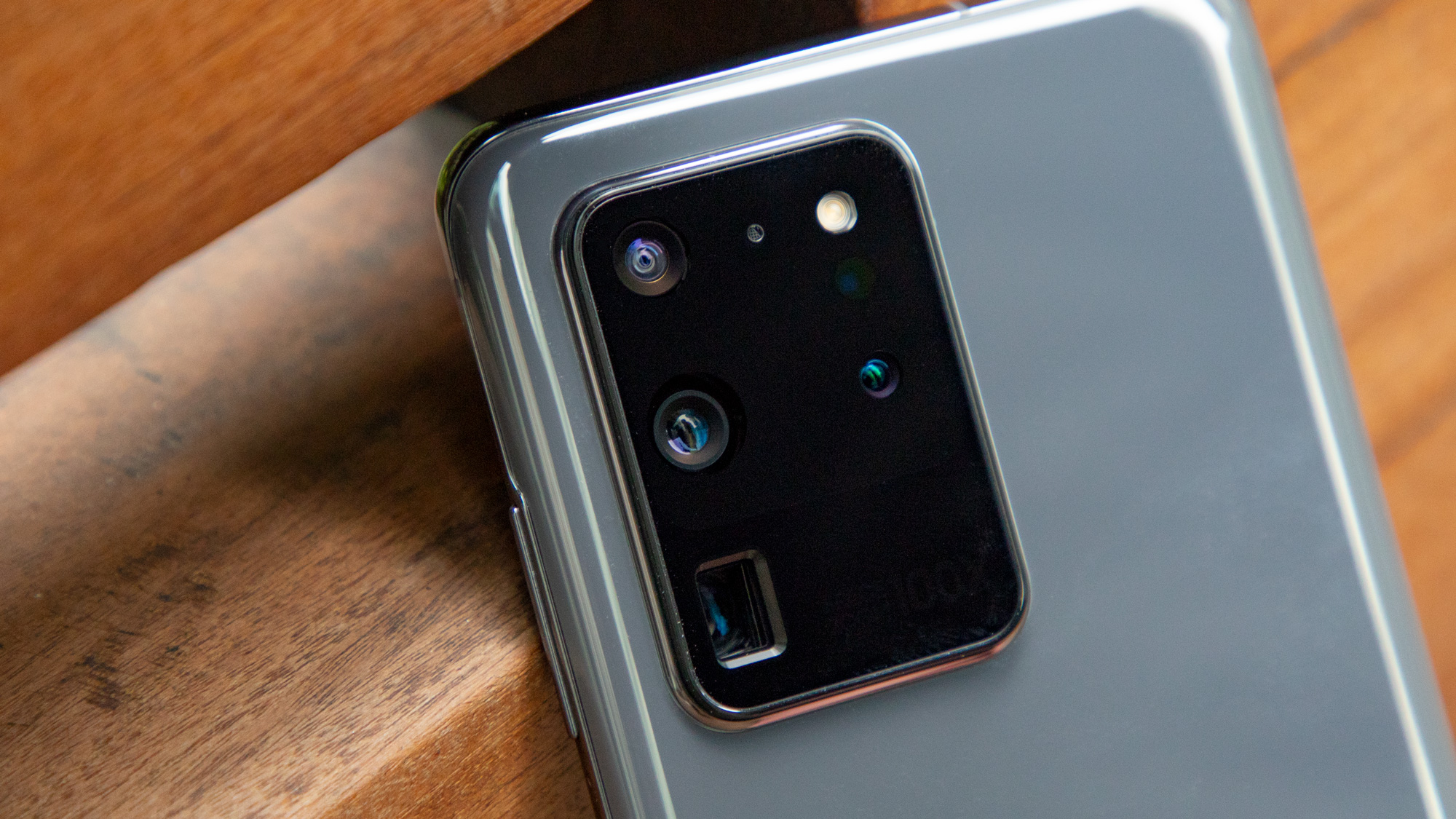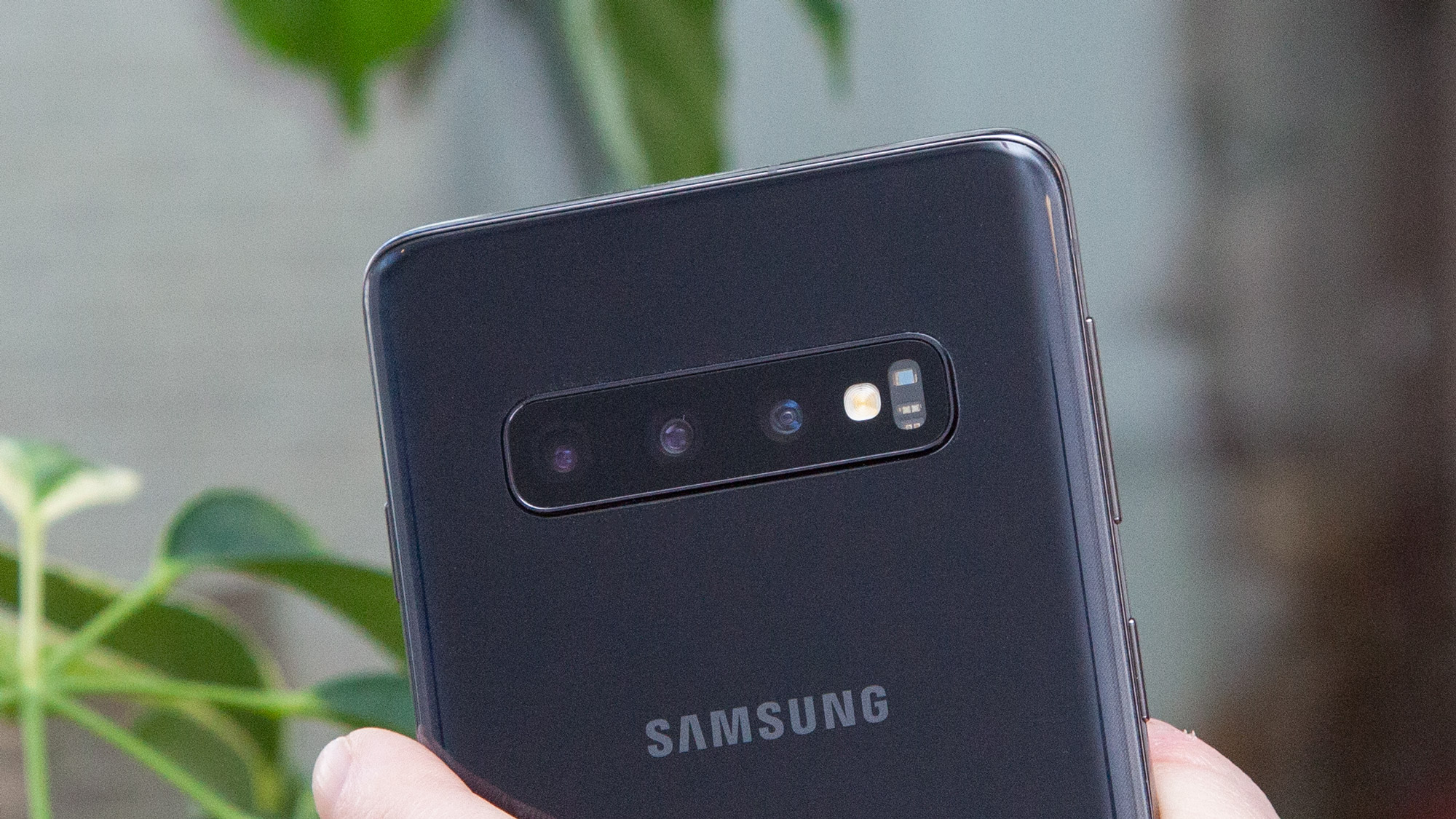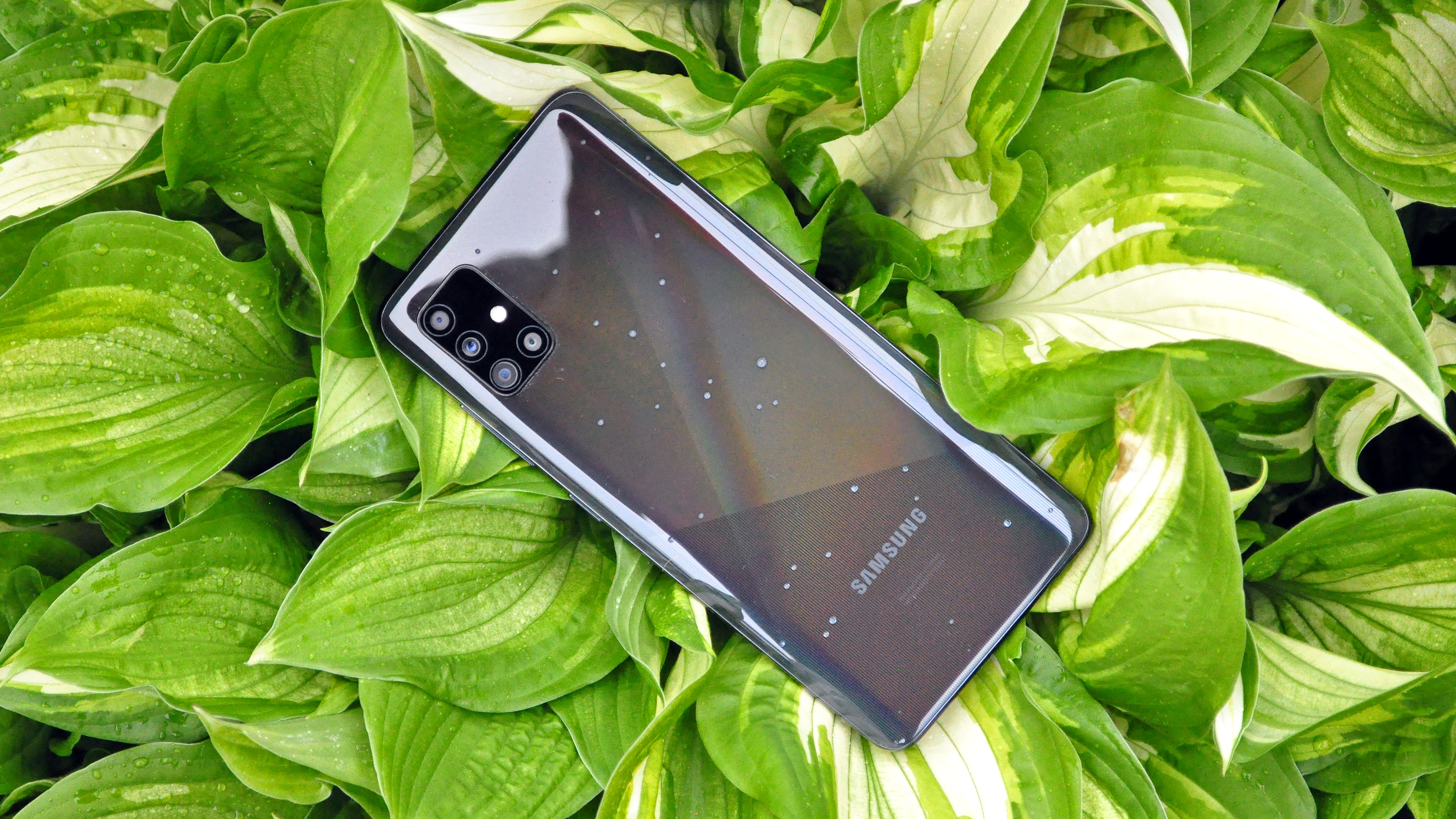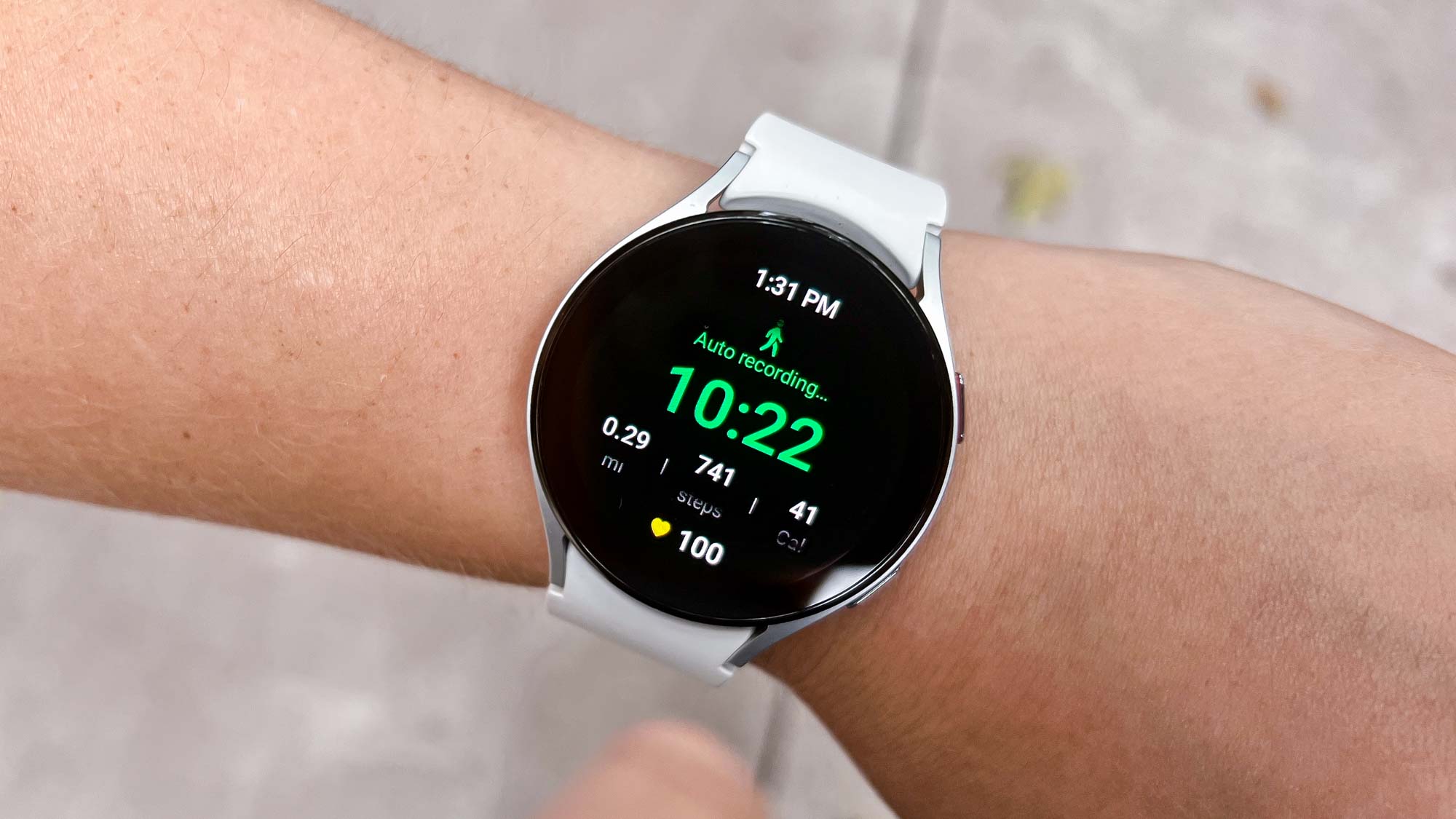Millions of Samsung phones at risk of hacking — update these devices right now
Galaxy S20, S10 and more at risk

Some older Samsung phones have a major vulnerability in their chips, so install the latest security patch if your device's impacted to make sure you're safe.
Originally reported to Samsung in July by Google security researchers Xingyu Jin and Clement Lecigene, and acknowledged earlier this month, the notice from Samsung Semiconductor names several chipsets at risk of a certain "privilege escalation" attack method that could allow hackers to gain access to your phone's full systems. The notice does not tell us which devices this applies to, but some specs research quickly reveals which Samsung products use the chips in question.
The most notable phones affected are the Exynos 990-equipped Galaxy S20 series (including the Galaxy S20 FE) and Galaxy Note 20 series from 2020, as well as the Exynos 980-equipped Galaxy S10 series and Galaxy Note 10 series from 2019. However, the vulnerability is only found in the Exynos-powered version of these phones. It's likely that if you bought your phone in the U.S., you're using a Snapdragon-powered model, which isn’t impacted.

This exception doesn't apply to the cheaper Galaxy A, F and M models, which usually use the same chip worldwide. Models featuring the Exynos 9820, 9825 and 850 include the Galaxy A21, Galaxy A51 and Galaxy A71 from 2020 but the 850 chip was used in later phones too, including the Galaxy A14 from last year in some markets, and 2022's Galaxy A13 and A04s worldwide.

A few more exotic phones with these chips include the security-focused Galaxy A Quantum (as it uses an Exynos 980) and a number of Galaxy M and Galaxy F phones, which are sold only in select markets. And we can't forget the Vivo X30 series and Vivo S6 5G, which while not Samsung phones, do use Samsung 980s and are therefore subject to the same risk.

It’s not just phones affected either. The Galaxy Watch 5 series, Galaxy Watch 4 series and Galaxy Watch FE all use an Exynos W920 chip, the only wearable-focused silicon on the list but one that still has the security issue.
This is why you should always install your updates
It’s always a good idea to download and install software and security updates for your phone as soon as they're available. But it’s especially crucial when there’s a problem like this that could allow a hacker unfettered access to your whole phone, so look out for incoming updates if you own one of these devices.
Sign up to get the BEST of Tom's Guide direct to your inbox.
Get instant access to breaking news, the hottest reviews, great deals and helpful tips.
Even if you do install the software update, it may be time to consider an upgrade if you're still running a Galaxy S10, Galaxy S20, Note 10 or Note 20. These models haven't received full Android updates since 2022 and 2023 respectively, so upgrading would bring a whole bunch of software features as well as hardware updates. Plus, your new phone would likely last you a lot longer as Samsung now promises seven years of full updates for its newest flagship models.
If an upgrade sounds good to you, check our best Samsung phones guide for the top options for every budget. Or if you’re happy to hold out a little longer, check out our Galaxy S25 rumor hub for all the latest on Samsung’s next flagship phone, which is expected to arrive in January 2025.
More from Tom's Guide

Richard is based in London, covering news, reviews and how-tos for phones, tablets, gaming, and whatever else people need advice on. Following on from his MA in Magazine Journalism at the University of Sheffield, he's also written for WIRED U.K., The Register and Creative Bloq. When not at work, he's likely thinking about how to brew the perfect cup of specialty coffee.
